The global conversation around sustainability and health has brought plant-based diets into the spotlight. Countries worldwide are witnessing a shift toward meatless meals, driven by environmental concerns, health awareness, and technological advancements in food production.
However, the question arises: Can this trend take root in Saudi Arabia, a country deeply entrenched in culinary traditions centered on meat? Let’s explore the potential future of meatless meals in Saudi Arabia, considering cultural preferences, market trends, and shifting societal values.
Saudi Arabia’s culinary heritage is rich with meat-based dishes. Dishes such as Kabsa, Shawarma, and Grilled lamb are central to the Saudi dining experience. Meat consumption is often seen as a symbol of hospitality and prosperity, deeply ingrained in the cultural fabric. In fact, the revenue from the meat market in Saudi Arabia stands at $4.89 billion as of 2024 and is expected to grow annually by 5.73%. Given this backdrop, promoting plant-based meals might appear challenging.
However, cultures evolve, and with globalization, Saudi Arabia is no stranger to embracing global food trends. The influx of multi-national citizens and exposure to international cuisines have already diversified the food landscape, paving the way for alternatives like meatless meals. Saudi Arabian citizens have already begun exploring alternatives to meat-based products. The growing number of Gen Z and Millenial professionals has led to companies rethinking their meal offerings. Let’s take a look at the reasons why meat-based alternatives are gaining the center stage:
Health consciousness is on the rise among Saudi citizens. Increasing rates of lifestyle diseases such as obesity, diabetes, and heart conditions have led to a growing interest in healthier dietary choices. Meatless meals, often perceived as lower in cholesterol and saturated fats, are gaining traction among those looking to adopt healthier eating habits.
Moreover, younger generations are more open to experimenting with diets that prioritize health and wellness. Plant-based options like Quinoa salads, Falafel wraps, and Lentil soups are becoming popular in urban centers, aligning with the global shift towards functional foods that promote well-being.
Sustainability is a pressing global issue, and Saudi Arabia is making strides in addressing environmental challenges. Meat production is resource-intensive, requiring significant amounts of water, feed, and land, while also contributing to greenhouse gas emissions.
The Saudi Vision 2030 initiative emphasizes sustainability and reducing the country’s carbon footprint. Encouraging meatless meals aligns with these goals, providing an opportunity to promote environmentally friendly dining habits. Ethical considerations surrounding animal welfare also resonate with a subset of consumers, further driving interest in plant-based alternatives.
The global market for plant-based foods is booming, with projections reaching $162 billion by 2030. Saudi Arabia is beginning to experience this growth as well. Several indicators point to a gradually growing interest in meatless meals, let’s take a look at them:
One of the most significant drivers of the meatless movement is the advancement in food technology. Plant-based meats, made from soy, pea protein, or jackfruit, now mimic the taste and texture of traditional meat. Products like Impossible Burger and Beyond Meat have set a benchmark for meat substitutes that appeal even to die-hard meat lovers.
Additionally, cellular agriculture lab-grown meat is another frontier. While not strictly meatless, it offers a sustainable alternative that could resonate with Saudi consumers looking to balance tradition with modern values. As production scales up and costs decrease, these innovations are likely to become more accessible in the Saudi market.
While there is potential for meatless meals in Saudi Arabia, certain barriers need to be addressed, let’s take a look at them:
To encourage the adoption of meatless meals in Saudi Arabia, stakeholders can implement several strategies like:
The future of meatless meals in Saudi Arabia hinges on balancing tradition with modern values. As global trends influence local preferences, plant-based diets have the potential to carve a niche in the Saudi food landscape. With the right blend of education, innovation, and cultural sensitivity, meatless meals could play a significant role in shaping a healthier, more sustainable future for the Kingdom. The shift won’t happen overnight, but the seeds of change are already being sown. As awareness grows and options expand, Saudi Arabia may well embrace the meatless movement, redefining what it means to dine sustainably in the region.


